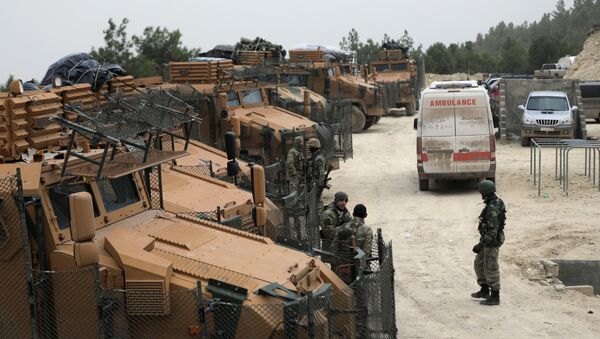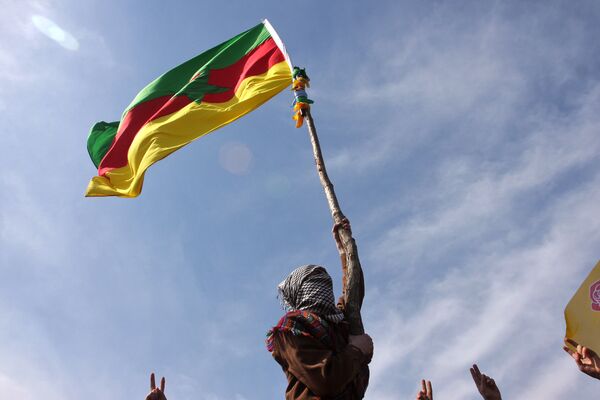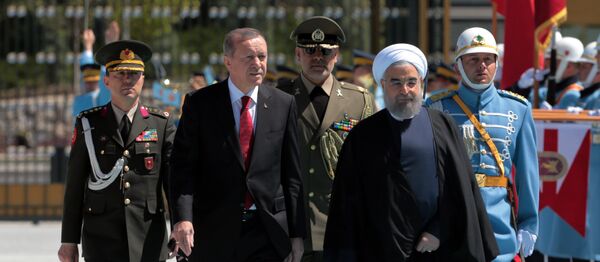What Is Operation Olive Branch?
On Saturday, January 20, the Turkish armed forces launched an operation, called Olive Branch, against the Kurdish forces in Syria's Afrin district, which is just north of the city of Aleppo.
The General Staff of the Turkish armed forces says the operation in Afrin has led to the deaths of "260 terrorists" and one Turkish soldier.
"By launching the Olive Branch operation we have stopped the games of different powers who seek to implement their plans in our region. We will completely clear the region of terrorists beginning with [the Syrian city of] Manbij and throughout our entire border [with Syria], ensure our security," said President Recep Tayyip Erdogan.
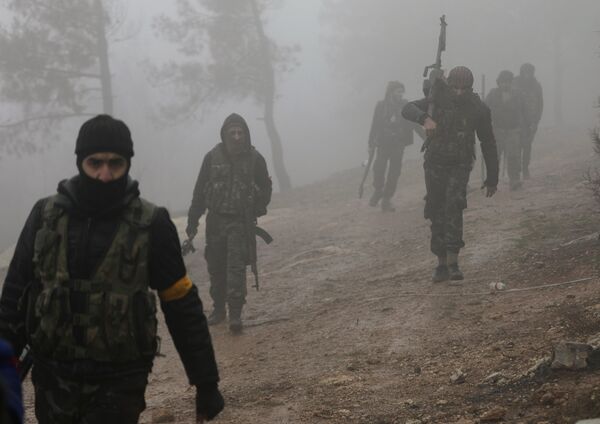
The Free Syrian Army, who are backed by Ankara and opposed to the government of President Assad, have also taken part in the operation against the YPG.
Who Are The Kurdish Forces In Northern Syria?
The armed units in Afrin, and further east in Manbij, are grouped under the banner of the Kurdish People's Protection Units (YPG) and were created in 2014 to defend Kurds from Daesh.
Although Syria's Kurdish population was very small and mostly in the far north east of the country, the YPG managed to take the battle to Daesh and captured large tracts of territory along the Turkish border.
But the Turks believe the YPG is an extension of the PKK, a Kurdish terror group which is banned in Turkey.
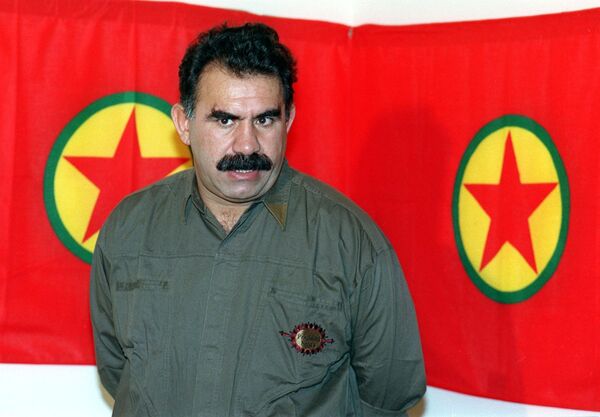
Who Are The PKK?
The Kurdistan Workers Party (PKK) is an armed group, similar to the Irish Republican Army (IRA) or ETA (Euskadi ta Azkatasuna) in Spain's Basque Country, whose leader, Abdullah Ocalan, has been in imprisoned since 1999.
It has been fighting in south-eastern Turkey for three decades, killing hundreds of Turkish soldiers and civilians.
Its original demand was for an independent Kurdish state, but in recent years this has been reduced to demands for autonomy and the withdrawal of Turkish soldiers.
In December 2016 38 people were killed when a suicide bomber from the Kurdistan Freedom Falcons (TAK) — an offshoot of the PKK — blew himself up at a football match in the Vodafone Arena in Istanbul.
Who Are The Kurds?
There are around 30 million ethnic Kurds living in largely mountainous regions of Armenia, south-eastern Turkey, northern Iraq, north-western Iran and north-east Syria.
There has never been a Kurdish state but demands for a "Kurdistan" began to grow in the early 19th century and the British and French paid lip service to the idea in the 1920 Treaty of Sevres, which was drawn up following the defeat of the Ottoman Empire.
But Kemal Ataturk, the founder of the modern Turkish state, downplayed the Kurdish identity and they have often been described officially as "mountain Turks", with their language being banned in Turkish schools.
What About The Kurds Of Iraq?
The PKK only represents Kurds within Turkey. Across the border in Iraq there are two rival organizations, the PUK and the KDP, which both fought against Saddam Hussein, who sought to crush the Kurds during his reign.
The Patriotic Union of Kurdistan (PUK) is led by Jalal Talabani while the Kurdistan Democratic Party (KDP) is commanded by Massoud Barzani.
READ MORE: Syria's Kurds Likely to Suffer Similar Fate to Their Iraqi Counterparts
They have shared power in the Kurdish regional government but in elections in 2013 the Change Movement, led by Nawshirwan Mustafa, made considerable gains, having campaigned against alleged corruption by both the KDP and PUK.
The 2005 Iraqi constitution granted autonomy to the Kurds but in recent years the region has become more like a de facto state and in September last year a majority voted in favor of independence in a referendum.
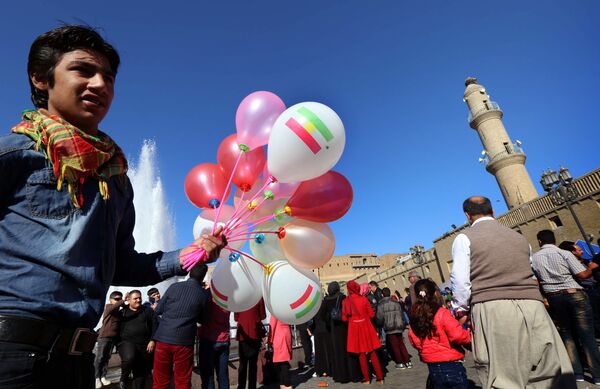
What About Iran's Kurds?
More than six million Kurds live in Iran but they have been less restive than their cousins in Turkey and Iraq.
On Sunday, January 21, Iran's President Hassan Rouhani met the Prime Minister of the Kurdish regional government in Iraq, Nechirvan Barzani, amid efforts to improve relations.
But Ali Shamkhani, secretary of Iran's Supreme National Security Council, warned against support for Iranian Kurdish rebels.
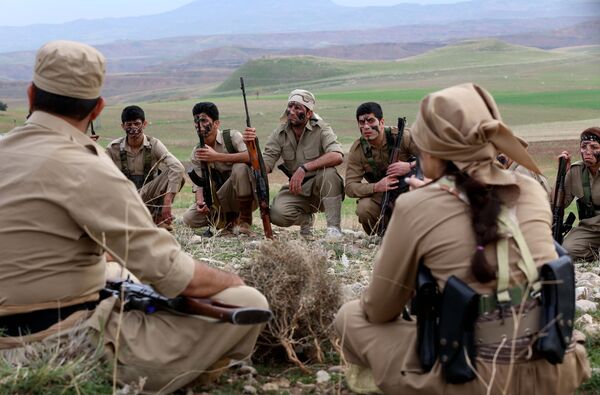
"We cannot tolerate that counter-revolutionary groups use Kurdish territory to assassinate our soldiers and citizens and return to the Kurdish region, and then take responsibility for these acts in official Kurdish media," said Mr. Shamkani.

